Dr. John Ashdown-Hill talks about his research regarding King Richard III
Today we have a special guest to present to you,
Dr. John Ashdown-Hill,
historian and member of the Royal Historical Society, the Society of Genealogists, the Richard III Society and the Centre Européen d’Etudes Bourguignonnes. He has kindly agreed to let us interview him for the “King Richard III-Week”.
Dr. Ashdown-Hill has done extensive research over the years and has published his results in diverse essential articles and books about the Ricardian era. It is an honour for us, with our newly established KingRichardArmitage website, to have Dr. Ashdown-Hill telling us about his work and research efforts regarding King Richard III.
Latest Publications:
“The Last Days of Richard III”
“Eleanor, the Secret Queen”
“Richard III’s ‘Beloved Cousyn’”
(Click on the links to find more details about the books.)
Dr. Ashdown-Hill has kindly agreed to answer some questions about his research work:
What in your opinion is the key aspect of King Richard III’s reign and his legitimacy as king of England?
To my mind the first key area to be investigated is Edward IV’s marriage – because Richard III’s right to the throne depends upon the claim that Edward IV was married to Eleanor Talbot, not Elizabeth Woodville. I remember deciding to read up on Eleanor at an early stage of my interest in Richard III – some 15 years ago. I was totally amazed to find that nothing substantial had been written about her and that no real research had then been done on her. This was the reason for my work on her, which lead to a number of Ricardian articles and to my book, Eleanor, the Secret Queen. I see no reason to doubt that Eleanor was the victim of Edward IV’s libido, or that he contracted a secret marriage with her for his own selfish ends. Thus to my mind Richard III’s claim to the throne was entirely genuine, and probably took Richard himself completely by surprise. I am still researching Eleanor Talbot and hope to publish new evidence of her relationship with Edward IV in my forthcoming planned study of that king and his love-life. I also still hope to clarify further the identity of the human remains from the Whitefriars in Norwich which may well be Eleanor’s.
What did previous researchers overlook or do wrong in their approach to King Richard III?
I am amazed at how repetitive the writing about Richard III has been and is. My latest book was a deliberate reaction against this. I think it is a waste of time to keep writing about ‘who murdered the Princes in the Tower’. They weren’t ‘Princes’ anyway (so I will not use this term except in inverted commas), and no proof exists that they were murdered at all, so why should we be so preoccupied with ‘who did it’? Better to try for a balanced account of Richard himself. Thus The Last Days of Richard III is kinder to Henry VII than are the writings of most Ricardian authors, but also tries to focus on exactly WHAT RICHARD DID rather than on WAS RICHARD GOOD OR BAD. As a result we discover that during the last six months of his life Richard III was actively planning for the future. He expected to defeat Henry Tudor and to go on being king!
What is your unique approach to research on King Richard III and his time?
One of my most important and original contributions has been my work on Richard III’s DNA. This arose out of the need to identify some remains in Belgium which were thought to be those of Richard’s sister, Margaret of York. As a historian and a writer I try always to be clear about what the evidence shows, and about what we know or don’t know. When we DON’T KNOW, but have to draw our own conclusions I try to tell my readers that this is what I am doing, and to explain where I am coming from. Too many historians, past and present, have misleadingly pretended to KNOW things which are really only their personal opinion, and to my mind this is not honest.
For example, some earlier writers claimed (wrongly) that Eleanor Talbot was not the daughter of the first earl of Shrewsbury. Also many writers have dismissed out of hand the notion of Eleanor Talbot’s marriage to Edward IV – though the nineteenth-century historian Gairdner, who was not a particular friend of Richard III, stated very clearly that there was no reason to doubt the Talbot marriage.
We must keep a balance here. Because the mistakes have not all been made by Richard III’s enemies! Richard’s friends have also sometimes presented as FACTS ideas which are really nothing more than speculation. For example the story that Richard III attended his last mass at Sutton Cheney has no historical basis whatever, and is almost certainly untrue.
I think that all historians bear a great responsibility. First, they should try to get at the facts; second they should say frankly when they are speculating, and third, they should be honest about their own prejudices.
Thank you, Dr. Ashdown-Hill, for such deep insights into your work.
It was a real pleasure to have such a knowledgeable researcher about the time and life of King Richard III to interview.
I hope you have enjoyed the background information about the central question of King Richard III’s reign and legitimacy.
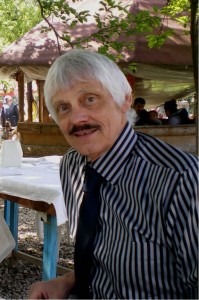
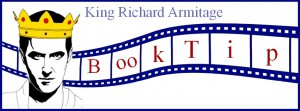
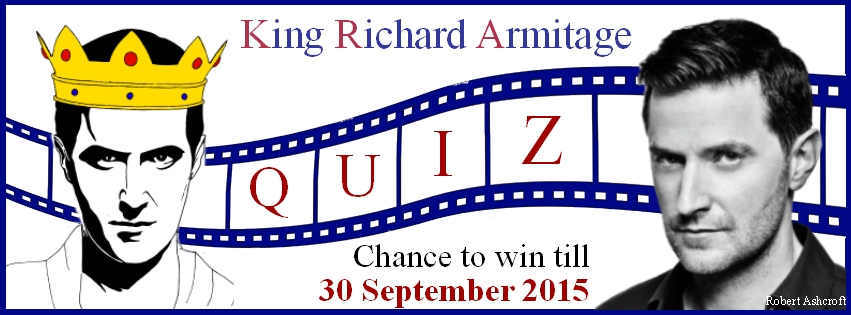
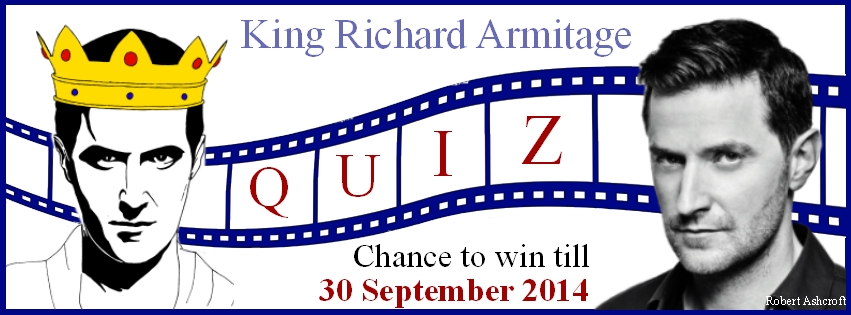
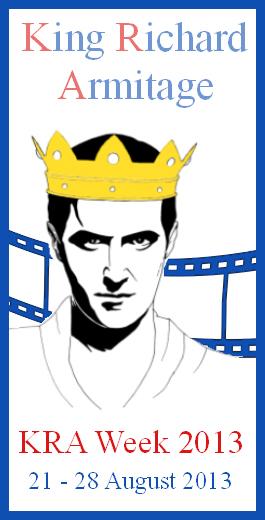
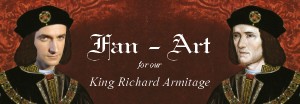
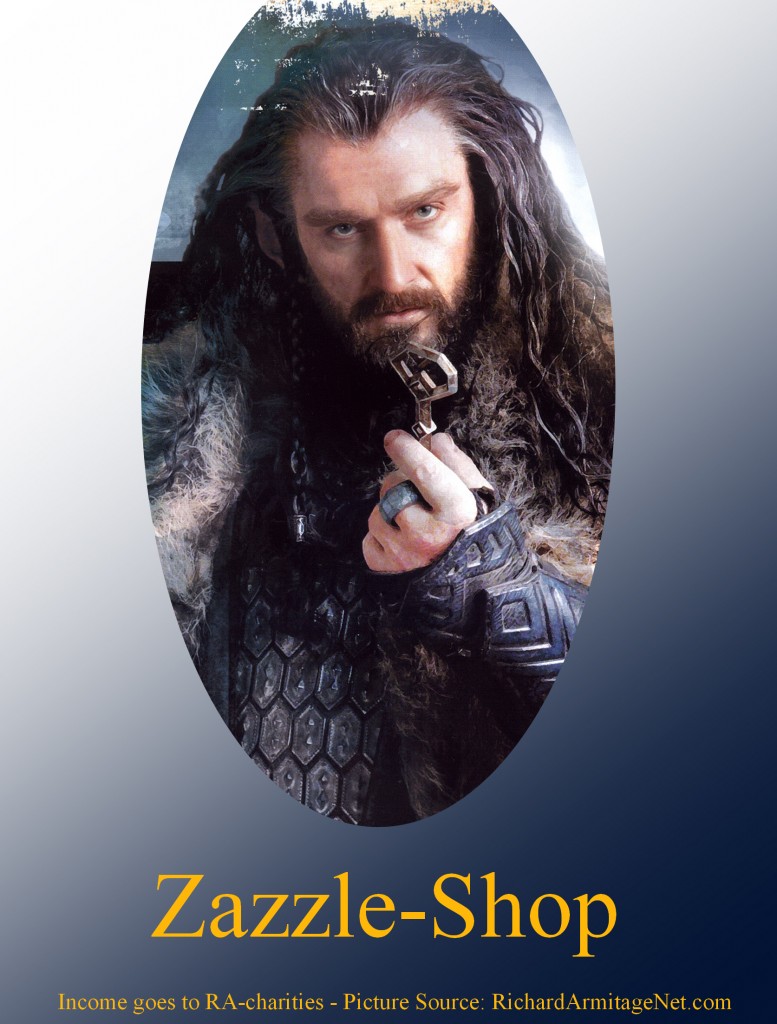
Pingback: Richard III rises from grave to issue charter regarding casting of Richard Armitage! « Me + Richard Armitage
Pingback: Book-Recommendations | King Richard Armitage
Pingback: The Role of a King or Why Richard III is so Intriguing | King Richard Armitage
Pingback: King Richard Armitage Week 2012 puzzle solution [sources] « Me + Richard Armitage
Pingback: Richard Armitage / Richard III rumble, Week 12! « Me + Richard Armitage
Pingback: The War of the Roses & Resolving Questions Regarding King Richard III | Colorado Gambler
Pingback: To Accomodate a King | King Richard Armitage
Pingback: KRA-Week 2013-7: Finding Richard III as a Result of Historical Research – Dr. Ashdown-Hill | King Richard Armitage